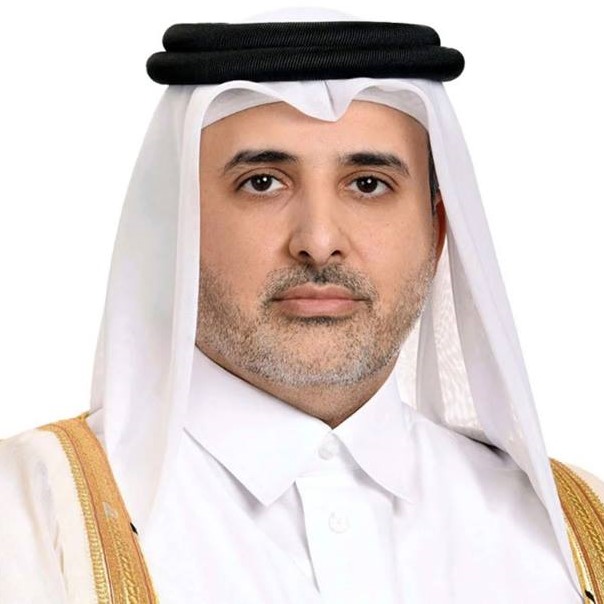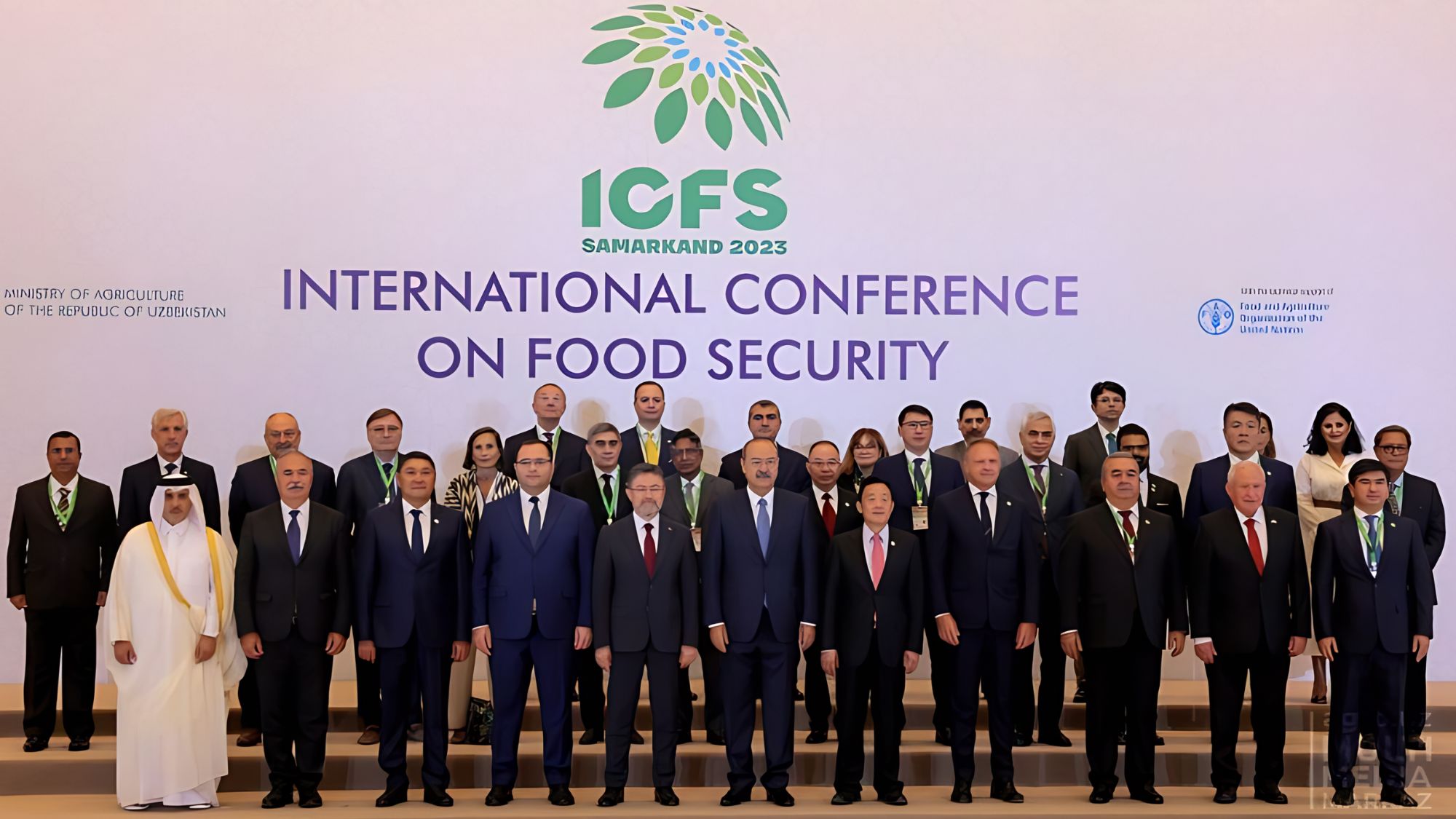DOHA –Qatar plays a pivotal role in advancing food security at local, regional, and global scales, said Qatar’s Municipality Minister Abdullah bin Abdulaziz bin Turki Al Subaie at the International Conference on Food Security in Samarkand, Uzbekistan.
Al Subaie emphasized the necessity for sustained collaboration and coordination with nations worldwide. He also highlighted Qatar’s upcoming Expo 2023, themed “Green Desert, Better Environment”, and invited member states of the UN’s Food and Agriculture Organization (FAO) to participate.
The conference, held on September 7-8, witnessed participation from agriculture ministers of 15 countries, deputy ministers from eight nations, and senior diplomats from 13 countries. Over 30 international, scientific, and financial institutions were also represented.
The Samarkand Declaration, endorsed by the Uzbekistan government and the FAO, was introduced as a significant step towards fortifying global cooperation on food security. This declaration accentuates the worldwide challenges posed by climate change, water scarcity, and land degradation.
Uzbekistan’s Agriculture Minister, Aziz Voitov, spotlighted the urgency for innovative solutions in the agricultural sector. Voitov remarked, “The pandemic has vividly illustrated the significance of backing our farmers and delving into novel agricultural techniques. Our goal is to harness global scientific prowess to fortify agriculture and guarantee quality nourishment for everyone.”

The declaration champions eco-friendly agriculture, emphasizing water conservation and biodiversity. It also advocates for comprehensive nutritional programs in schools to foster healthy eating habits, especially among the youth.
A notable emphasis is placed on amplifying the role of women in rural areas, aiming for transformative changes in the agri-food systems. The declaration also calls for state-supported assistance for small and family-owned farms, ensuring they have improved opportunities in production and resource management.
Qu Dongyu, CEO of the FAO, underlined the conference’s significance in redefining global agri-food systems for enhanced efficiency and inclusiveness. “Our agenda encompasses promoting gender equality in rural regions, propelling agricultural innovation, and elevating nutritional and environmental benchmarks,” Dongyu asserted.
One of the conference’s highlights will be a roundtable discussion featuring 350 scientists from 27 countries, exploring potential pathways for joint scientific research.
Qatar’s role
Qatar has made remarkable strides in bolstering its food security since 2017. Through a combination of technological advancements, innovative thinking, and strategic investments, the country has positioned itself as a regional leader in food self-sufficiency.
Below are some of the key initiatives taken by the Gulf country to promote food security:
Dairy Cows Importation: In 2017, Qatar imported 18,000 dairy cows. This initiative, which might have seemed overly ambitious, was made feasible by creating indoor conditions that mimic damp and temperate climates. The success of this venture is evident in the availability of Qatari cheese in local markets.
Poultry Self-sufficiency: Qatar has achieved 100% self-sufficiency in fresh poultry through the use of cool warehouses for rearing, reducing the need for imports.
Greenhouses and Hydroponics: Qatar has ingeniously inverted the traditional use of greenhouses. Instead of amplifying sunlight, Qatari greenhouses, like those used by Agrico, maintain temperatures 10-20 degrees cooler than the external environment. Hydroponics, a method of cultivating plants without soil, has also been widely adopted. This technology is particularly suited for desert regions as it uses only a third of the water required by traditional farming methods.
Recycled Water for Cultivation: Qatar’s innovative approach to water conservation includes the use of ‘grey’ water, treated and recycled from sewage works, for cultivation.
Environmental Initiatives: The Sahara Forest Project stands out as a beacon of sustainable innovation. It combines greenhouses, solar power plants, and thermal desalination units to create a holistic system that not only produces food but also fresh water and renewable energy.
Government Support: The Qatar Development Bank and the government have played pivotal roles in this agricultural revolution. From providing soft loans to households for building greenhouses to investing in food storage facilities, the state’s support has been instrumental.
Qatar’s journey in enhancing food security is a testament to the power of innovation, strategic planning, and state support. While significant progress has been made, the journey is ongoing. Continued research, public awareness, and adaptability will be key in ensuring that Qatar remains at the forefront of food security in the region.

